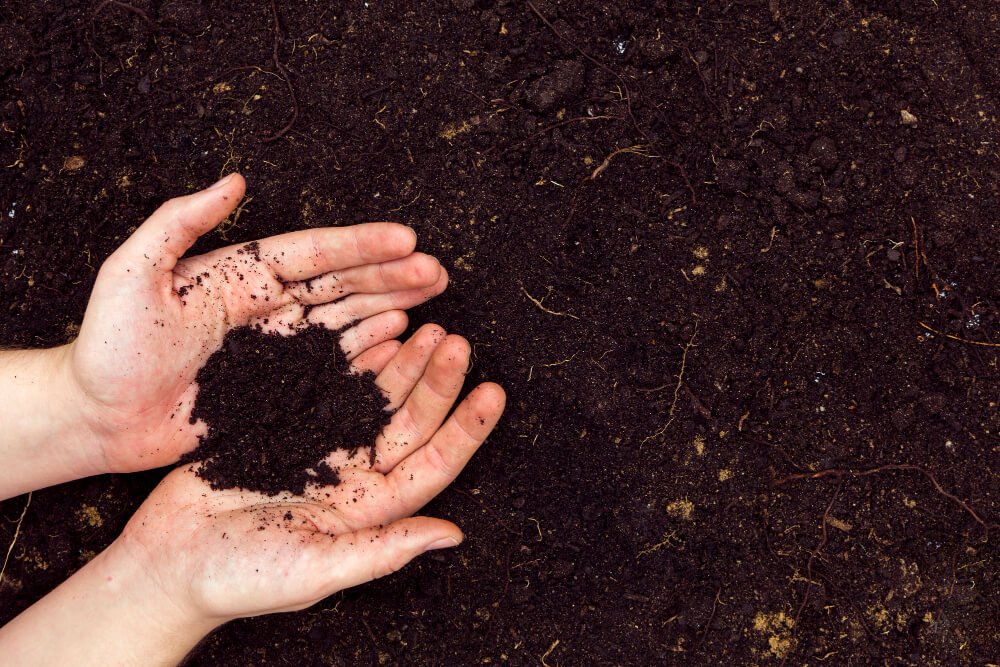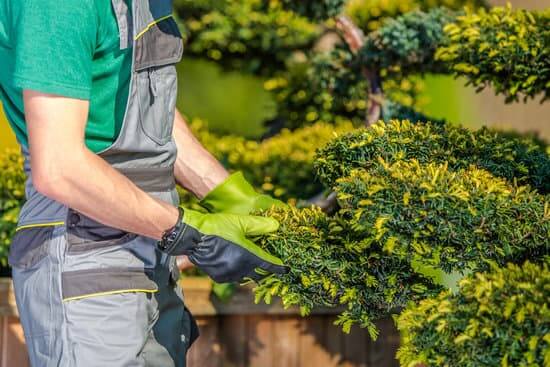Today, everyone wants to have a green thumb and grow their plants at home. Aside from the beauty, it can offer and fruits and vegetables, planting is also a way to release stress. It can provide a feeling of fulfillment, especially when you see your plant growing. If you are a beginner in this activity, it is essential to know the basics of gardening to start it the right way. These basic ideas are necessary to avoid wasting your time, money, and effort. This article put together some of the most useful gardening tips that are according to experts.
1. The Best Plant to Grow
The success of gardening lies in the type of plant you can grow according to where you are located. It is imperative to note that plants do not grow everywhere you want them to be, like climate, soil, and environmental factors play a huge role in a plant’s healthy development. Know your area’s plant hardiness zone map to help you find out the average temperature in each area. By reading the seed labeling and packaging, you will find out the best plant you can grow according to your area.
2. Know Where to Plant
After knowing what plants you can grow, you need to decide the exact place in your home where you want to place the plants. It is one of the basic gardening tips that you need to know. The best location is where the plant can access direct sunlight. Also, consider plants that prefer shady areas. Always check the seed packaging to find out more about this information.
3. Do a Test Soil
Soil testing is one of the most vital gardening tips for beginners who want to grow plants for food. If you want to have a healthy plant, you can test for the soil’s pH level using a do-it-yourself kit at home. Each type of fruit and vegetable can only tolerate a specific soil pH level, but generally, it ranges from 6.5 to 7. Aside from pH, note the three essential nutrients present in the soil: phosphorus, nitrogen, and potassium. If the test shows negative results, then there are ways to correct the soil’s deficiency.

4. Consider Raised Bed Garden
To increase the chances of success for first-time gardeners, you may consider making raised beds. However, this method requires more investment, but one of the most effective methods. You can take control of the soil and do easy weeding and pest control techniques. Most gardening tips will tell you that raised beds are the easiest way to plant as you can separate each type according to their unique needs.
5. Do Mapping
After knowing what to plant, where to plant, and the best soil to use. Create a simple layout of your garden right before you start digging the soil. Mapping will help you to maximize the space you have in your garden.
6. Know the Tools
The basic gardening tips to prepare to start gardening are the right kind of tools you need. Without gardening tools, you will surely experience a total mess. Some of the basic gardening tools you need are water-resistant gloves, garden fork, shovels, pruners, trowel, loppers, hoe, spade, and a hose with easy to adjust nozzle. You may also want to add a wheelbarrow to help you transfer heavy objects and a watering can.
7. Consider a Seed Starter Kit
First-timers in gardening can opt for a seed starter kit as this is the easiest way to sprout a plant. A kit comes with a single or multiple trays where you can plant the seeds. A tray can offer the best condition for the seed to germinate. You can start the process even without planting outside and transfer the plant later on in your garden.
8. Start with Small Garden
Experts gardening tips will tell you to start small. It is a rule of thumb when it comes to gardening, as it requires time, dedication, and a lot of patience. Do not be carried away by your excitement and start with a few plants so you can take good care of each one.
9. Always Label
Even if you start a small garden, it is imperative always to label your plants and note the type of seed. It is to avoid confusion and to give the right type of care for each type of seed.
10. Avoid Crowding
Plants need their personal space to have enough room to grow. It ensures that each plant will get the right amount of water and nutrients from the soil.











